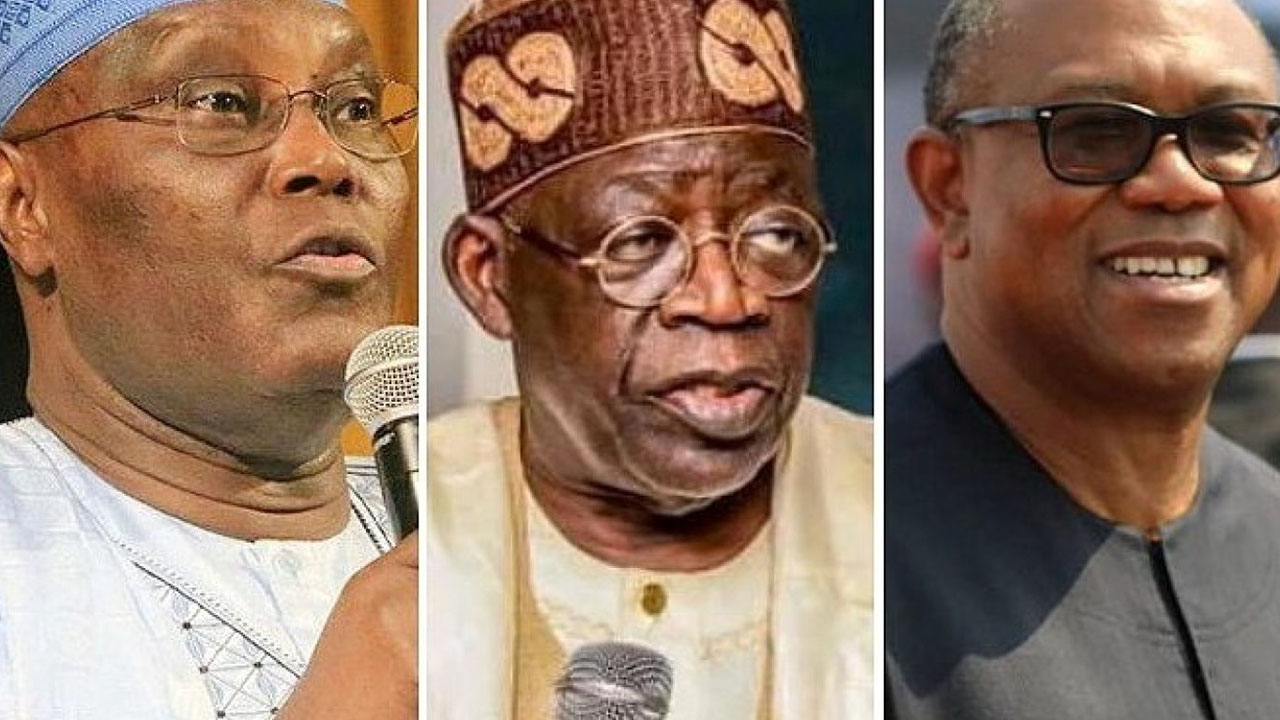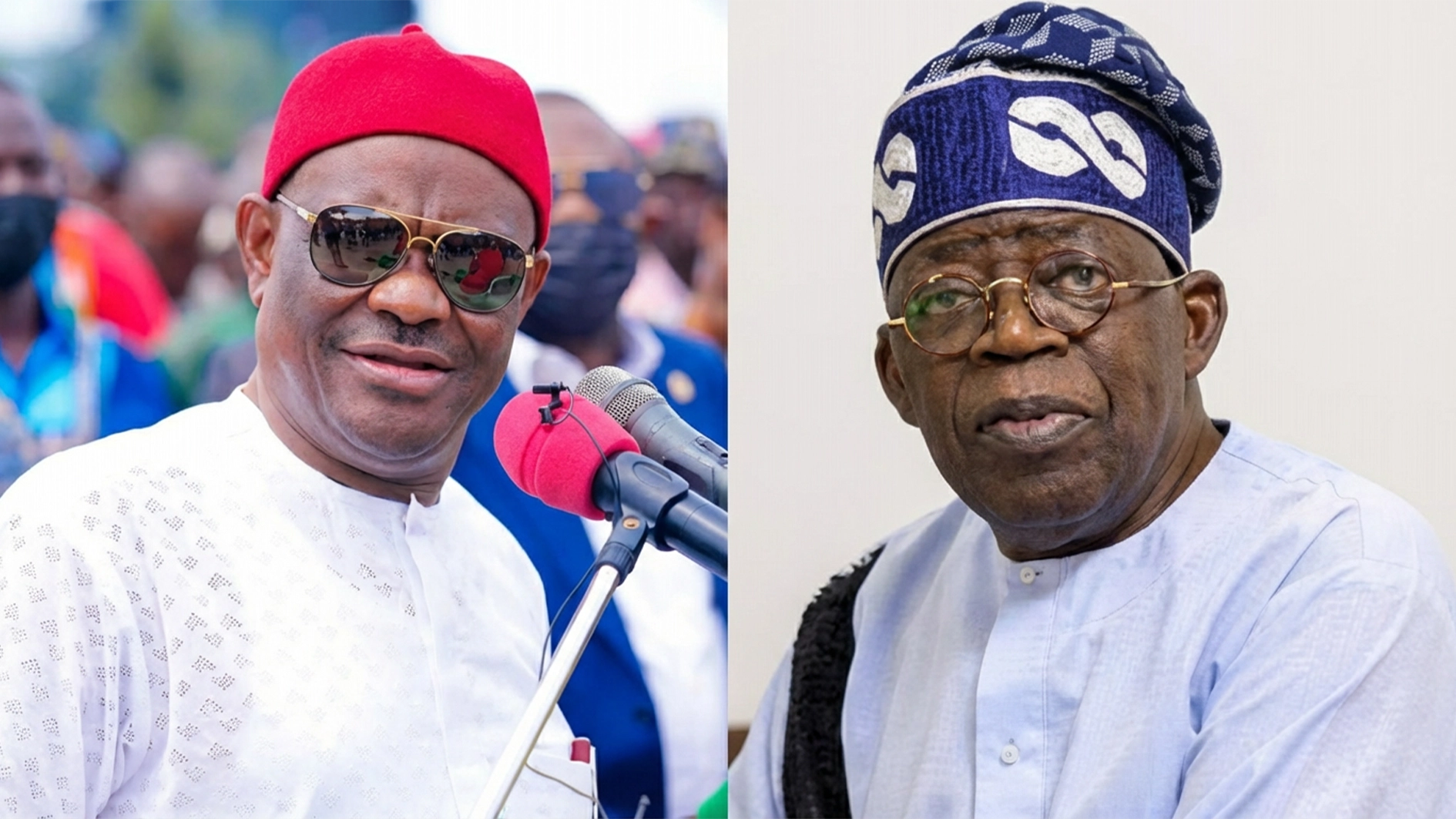
There has been much talk about a Second Industrial Revolution for the Third World. The so-called Asian Tigers doggedly researched and produced themselves out of Third to First World, to believe Lee Kuan Yew. From obscurities India and Pakistan detonated atomic bombs to announce their arrival at the industrialised nations’ rendezvous. All eyes are now on Africa, especially Nigeria, and Latin American countries.
One plausible interpretation of the 2023 presidential election is that Nigerians are impatient to industrialise. They want a business-minded leader to lead them into the industrial age. On the very edge; just one little push and we are there. That is why you won’t be wrong seeing not just Industrialist-President Bola Ahmed Tinubu but also Peter Obi and Atiku Abubakar as an idea that comes of age. The triumvirates are industrialists. As employers of labour, they feel the pervading national angst.
The period preceding their emergence was manned by presidents completely at a loss on managing the economy. Under the old guard mutual suspicion greeted your honest opinion on how to run industries since such experience was alien to them. Convincing a Nigerian president to implement business-friendly policies was like one taking advantage of him and cold shoulder was the reward for your pains.
But today, voters’ awareness, mass participation in elections, a vibrant press and vocal young Nigerians shifted the scale of political evolution in favour of these tested investors. The processes that produced them may not be perfect but the beauty is that we had three industrialists vying to lead this great country out of which one was elected president. What it simply means is that Tinubu won but Obi and Atiku did not lose. Whatever shortcomings witnessed in the election must be juxtaposed against the immense benefits it holds.
One of such benefits is that the trio know what to do to bring down the cost of shipping a container from anywhere in the world to Nigeria. Almost all the containers used in importing goods leave empty because we are not exporting. We are not exporting because we are not producing. We are not producing because of acute energy crisis and the falling naira. Today, however, it is the moral burden of these three patriots, working together for Nigeria and our collective survival, to come up with ways and means of reversing the exorbitant freight charges.
Tinubu started well signing the Electricity Act into law. This instrument allows corporate entities, private citizens, local and state governments to generate, transmit and distribute electricity. With this singular act he created the right condition for newer, cheaper and better ways of producing goods and services- being what Industrial Revolution is all about. It is for this reason that we prefer to define him as industrialist-president.
Nigerians expect the new leadership to make it possible for those interested in starting businesses to have access to capital. Mechanized agriculture, reorganized maritime, ease of doing business, etc, must be favoured. We should journey from Calabar to Lagos in passenger ferries; just as our teaching hospitals are expected to carry out complicated heart surgeries using pharmaceuticals and machines produced locally. Ordnance employed by our military should be locally produced by private industries.
In “University Funding: Adapting from Teaching to Production,” I made case for our universities to go into production and generate alternate revenue since porous funding from governments was their bane. We want to see industrial parks in our universities. That is what obtains in China, Europe and elsewhere. Our lecturers and their students should work in their departmental factories producing solar panels, fridges, dredging machines etc. Tinubu should make this possible fanning out projects to our higher institutions in addition to leading in consuming Made in Nigeria goods.
The myth of state-sponsored monopoly at the expense of free trade must be laid to rest. Minority Omoku and Eggon industrialists should be extended the same benefit reserved for their majority counterparts. Industrialists from every ethnic group and proto-group must be seen carried along. Any Nigerian willing to go into production, import or export must be given level playing field without let or hindrance.
Those in the know are adamant that the status quo discriminates in commerce and industry. Some privileged Nigerians are empowered while others are deliberately frustrated out of business contrary to the One Nigeria dream. Even in the critical media industry, the Federal Government brazenly discriminates patronizing some favoured media houses/newspapers to the exclusion of others. Tinubu must ensure equality in the dispensation of state resources and privileges.
Caveat: Nigerians don’t want to “hear” about technocrats. What they want to “see” are rugged industrialists sweating it out on the factory floor with their workers. So fire the factories and let the production lines rumble.
We need an overhaul of the three legislative lists to unleash creativity. More power must flow from the center to the periphery if Nigeria must do things differently and attain Industrial Revolution. None advocates the breakup of the federation but we must accept that in its present configuration progress is no longer tenable as the system stifles individual initiatives. Lest we forget, it was centralization that bogged down China from attaining Industrial Revolution ahead of decentralized but competitive Europe.
Our first recommendation, therefore, is for Industrialist-President Tinubu to tame the monsters called regulatory agencies. With their impossible requirements, delayed documentation and outright hostility, government regulators frustrate our industrialists rather than encourage them. It is anti-progress for regulators incapable of running international trade to dictate to those who can. Regulatory agencies should be headed by Nigerians who have what it takes to run a successful business.
Solution is the reformation of the regulators to serve a time-conscious economy. They should reduce their requirements to the barest minimum. Groupage, a practice where up to five exporters put their goods in a single container for export, must be legalized. The most important thing is product arriving its intended destination on record time. If your goods are not properly finished you will be forced to sell at give-away price leading to loss. Demand, not regulators, will motivate exporters to improve on quality.
Most importantly, Tinubu should, as a matter of economic emergency, constitute a department of Ombudsmen to resolve conflicts between our industrialists/exporters and government regulators. Business is all about quick turnover and the arbitration process should not last more than two working days, at most. It must be emphasized, however, that the Ombudsmen cannot give loans not to be hampered by struggling entrepreneurs.
To be continued tomorrow
Osiagor wrote via : [email protected]






